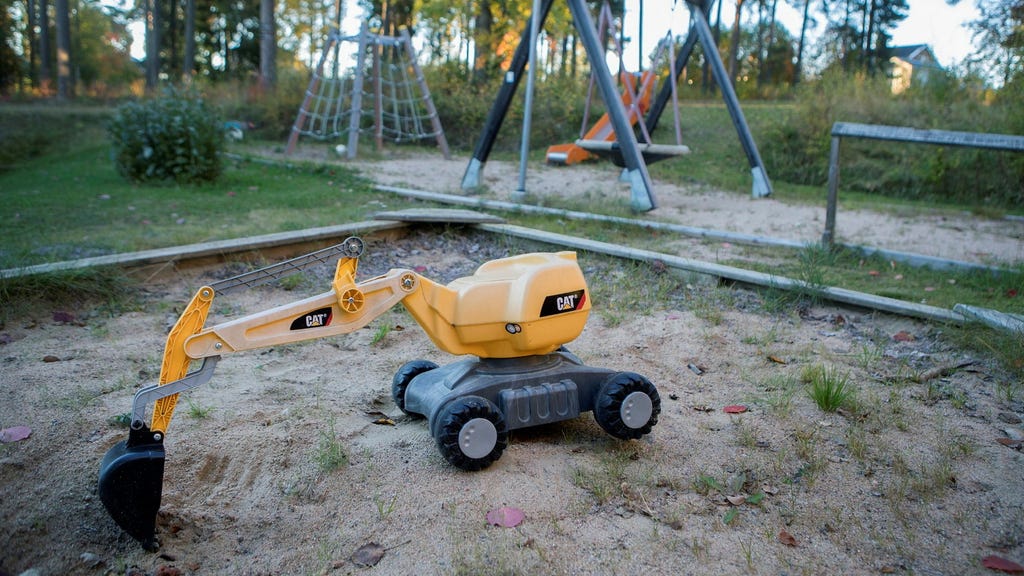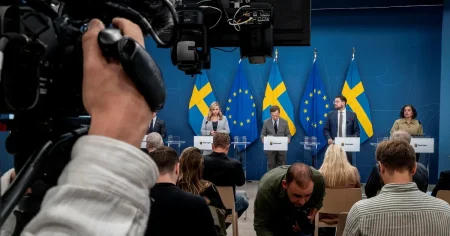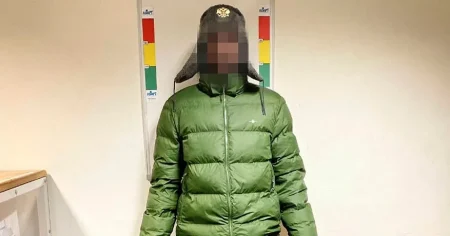The revelation of the ”Ljusdal Man,” a preschool employee who abused at least nine children, has sent shockwaves through Sweden, particularly in Gothenburg, prompting the city to re-evaluate its policies regarding mobile phone use in preschool settings. The case highlights the chilling reality of how technology can be misused to facilitate abuse and the urgent need for stricter safeguards to protect vulnerable children. While the details of the Ljusdal case are still emerging, the sheer scale of the abuse and the perpetrator’s position of trust have ignited a national conversation about child safety and the potential dangers lurking within seemingly innocuous everyday tools like mobile phones. This incident serves as a stark reminder of the responsibility that childcare institutions bear in ensuring the safety and well-being of the children entrusted to their care.
The Ljusdal case exposed a critical vulnerability in the existing system: the lack of clear and consistent guidelines regarding personal mobile phone use by preschool staff. While many preschools have informal policies discouraging excessive phone use during working hours, these are often not formally documented or enforced. The absence of a standardized policy creates ambiguity and leaves room for potential misuse. The perpetrator in this case reportedly used his mobile phone to document the abuse, a horrifying example of how technology can be weaponized against children. This incident has underscored the necessity of a comprehensive review of existing practices and the implementation of robust regulations that clearly define permissible and prohibited uses of mobile phones within preschool environments.
The debate surrounding mobile phone policies in preschools is complex and multifaceted. Proponents of stricter regulations argue that minimizing personal mobile phone use during working hours can enhance child safety by increasing staff attentiveness and reducing distractions. They emphasize the importance of creating a technology-free environment where children receive undivided attention and educators can fully focus on their developmental needs. Furthermore, stricter policies can help prevent the potential for inappropriate use of mobile phones, including the recording and dissemination of images or videos of children without their consent or the consent of their parents. The Ljusdal case underscores the devastating consequences of such misuse and the vital need for proactive measures to prevent similar incidents from occurring.
However, implementing a blanket ban on mobile phones also presents challenges. Some argue that a complete prohibition is impractical and could potentially hinder communication in emergency situations. Mobile phones can serve as a vital tool for contacting parents, emergency services, or other staff members in case of accidents or other unforeseen circumstances. Furthermore, some educators utilize mobile phones for pedagogical purposes, such as accessing educational apps, recording observations, or documenting children’s learning progress. Therefore, a balanced approach is needed, one that effectively addresses the risks associated with mobile phone use while also acknowledging the potential benefits and practical necessities of these devices in a modern preschool setting.
Gothenburg’s response to the Ljusdal case reflects a growing national concern about child safety in preschools. The city is considering a range of measures, including stricter guidelines on mobile phone use, enhanced background checks for employees, and increased training for staff on child protection protocols. These initiatives demonstrate a commitment to strengthening safeguards and creating a safer environment for children. The ongoing discussions highlight the importance of collaboration between municipalities, preschool administrators, educators, and parents in developing comprehensive and effective child protection strategies. The Ljusdal case serves as a catalyst for change, prompting a critical examination of existing practices and a renewed focus on preventing abuse and exploitation.
The long-term impact of the Ljusdal case on preschool policies and practices remains to be seen. However, the incident has undoubtedly raised public awareness about the potential risks associated with mobile phone use and the need for heightened vigilance in childcare settings. The discussions and debates sparked by this case are crucial for shaping future policies and ensuring that preschools remain safe and nurturing environments for all children. The focus must be on prioritizing the well-being and protection of children while also recognizing the evolving role of technology in education and communication. Ultimately, the goal is to create a framework that balances the benefits of technology with the paramount importance of child safety and safeguarding their innocence.














